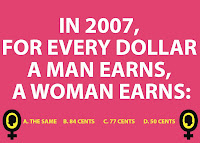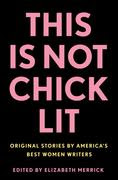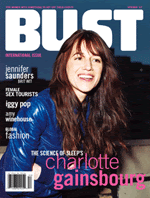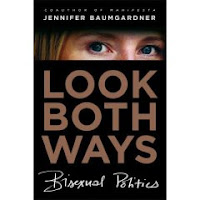Because tomorrow is June 1 — the day I always remember as “school’s out hit the beach” day — and because I was that lone geek who got sad when school ended because I missed my teachers, I’m re-posting that pop quiz. For all you other geeks out there. You know who you are. Answers below.
THINK YOU KNOW ABOUT FEMINISM IN 2007? TEST YOUR GENERATIONAL IQ
1. Betty Friedan was:
A. A pin-up model from the 1940s
B. The mother of American cookbooks
C. A columnist for McCall’s
D. The founder of the National Organization for Women
E. Author of The Feminine Mystique
2. In 2007, for every dollar a man earns, a woman earns:
A. the same
B. 84 cents
C. 77 cents
D. 56 cents
3. During the Miss America Protest of 1968, radical feminists did all but which of the following:
A. Crowned a live sheep “Miss Americaâ€
B. Burned their bras
C. Threw aprons and high heels into a Freedom Trashcan
D. Sprayed Toni home permanent spray inside the convention hall
4. In 2007, women make up what percent of the U.S. Senate?
A. 3%
B. 14%
C. 33%
D. 50%
5. “Postfeminist†is:
A. A term coined in 1919 by a group of literary radicals in Greenwich Village who rejected the feminism of their mothers one year before women won the right to vote
B. A term used in the 1980s to describe an era in which feminism was deemed unhip and unnecessary
C. A media-hyped label that irritates third-wave feminists more than Adam Corolla
D. All of the above
6. The Real Hot 100 is:
A. A new reality tv show
B. A list of the hottest women according to Maxim magazine
C. A campaign to redefine hotness by refiguring the standards to honor guts and not just glam
D. Hot sauce
7. The Equal Rights Amendment was introduced in:
A. 1923
B. 1942
C. 1969
D. 1971
8. In 2007, what percent of tenured professors at PhD-granting universities are women?
A. 7%
B. 16%
C. 20%
D. 50%
9. Title IX is:
A. The name of Britney’s favorite club in NYC
B. A piece of pro-woman legislation passed in 1972 now under attack
C. The name of a secret feminist cult
D. The sister band of L7
10. In 2007, what percent of Fortune 500 CEOs are women?
A. 2.6%
B. 15%
C. 26%
D. 50%
11. BUST is:
A. A girlie magazine for men
B. A grrly magazine “for women with something to get off their chestâ€
C. A boxing move popularized by Laila Ali
D. A West Coast rapper
ANSWERS:
1 – C, D, and E, 2 – C, 3 – B, 4 – B, 5 – D, 6 – C, 7 – A, 8 – C, 9 – B, 10 – A, 11 – B
SCORE YOURSELF
11-8 = Superstar!
7-4 = Semi-superstar
3-0 = Hit the books, my friend. You got catching up to do.
Based on Sisterhood, Interrupted: From Radical Women to Grrls Gone Wild (available from Palgrave, June 12, 2007)






